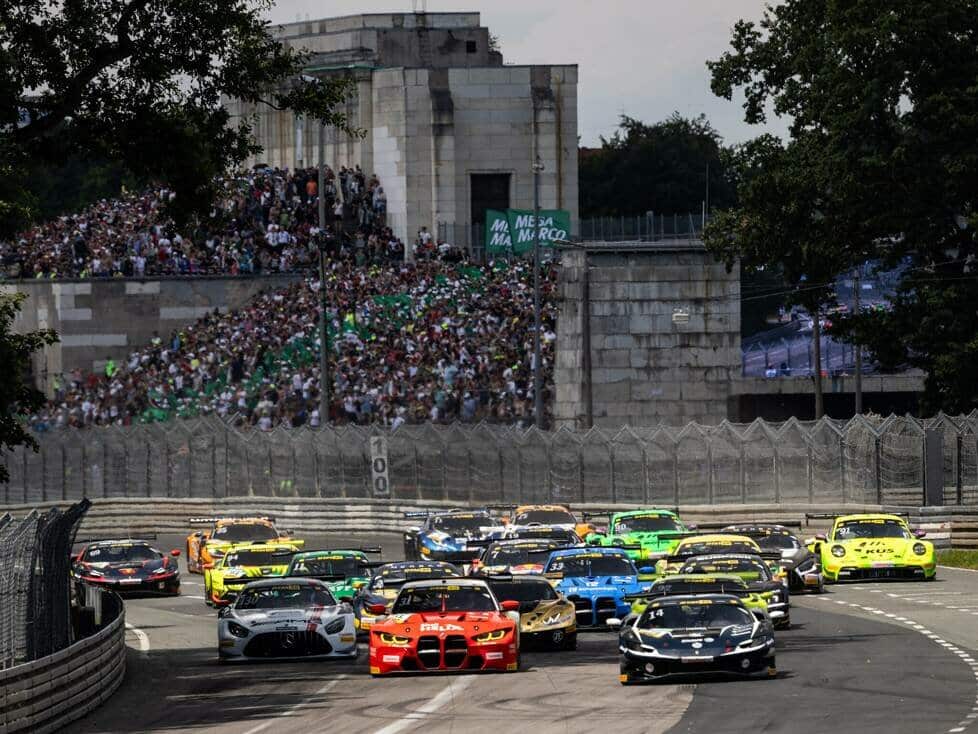How the ADAC, with the help of an independent laboratory, finally wants to make the leap to completely sustainable fuel in the DTM and what plans there are for the trucks
Will the DTM finally make the leap to 100 percent renewable fuel for the 2025 season? Talks were already taking place last year, but for the time being, the ADAC remained loyal to the Shell fuel that was first used in the ADAC GT Masters in 2022, which consists of 50 percent sustainable components.
And had to put up with criticism from Ralf Schumacher, for whom the development was too slow, especially since other series such as the WRC, the WEC, the Indycar or the Super GT series have already made the step – and there are always protests from climate activists. But in 2025, it should finally be ready. “I am convinced that it will work,”
And reveals that there are several potential suppliers. “The only question left is: Who can supply us with 350,000 liters for the season? In consistent quality, which all vehicle engines can then also cope with,” explains Voss. This is not a matter of course, especially due to the different variants of combustion engines in GT3 racing.
Selection with the help of an independent laboratory
“We have different concepts, from the six-cylinder naturally aspirated engine to the boxer engine and the ten-cylinder or twin-turbo units. And the fuel we want to choose has to be able to do everything,” Voss clarifies.
To make the right choice in this regard, the ADAC has drawn up a set of specifications, according to Voss. “Five or six companies approached us straight away and said: ‘We can do it’,” the head of motorsport reveals. “We then turned the tables and, together with an independent fuel laboratory, drew up all the specifications for what the fuel must be able to do and what it should look like, including the ingredients. Or what should not be in it.”
The product that meets most of the criteria will be used. According to Voss, there are definitely three to five companies that are able to do this. “And they have already proven this elsewhere, be it in the WRC or the WEC,” he adds. In the end, the decisive criterion is also who is able to deliver the necessary quantity.
Will DTM trucks also soon be almost CO2-neutral?
But not only the racing trucks should be CO2-neutral from 2025, but also the transport vehicles. The ADAC wants to create incentives for the teams from the coming season to use the climate-friendly fuel HVO100 in the trucks.
This is fuel that is obtained from waste materials such as used cooking oils or grease residues, which is why it is also called “french fry diesel”. A potential candidate for this is the company Mabanaft, a subsidiary of the energy and chemicals group Marquard & Bahls, which is headquartered in Hamburg.
Mabanaft offers a “renewable diesel” that, according to the company, has a greenhouse gas reduction of over 90 percent. Since summer 2023, the company has been working with the Lechner team, which is active in the Porsche Supercup, with the aim of reducing emissions to zero. Residual emissions are offset through voluntary emission reduction certificates.
Since the DTM teams have to travel much shorter distances to the race tracks than, for example, in Formula 1 or the WEC, the use of an HVO fuel would be easier to implement. A good price offer could be an incentive, for example.





